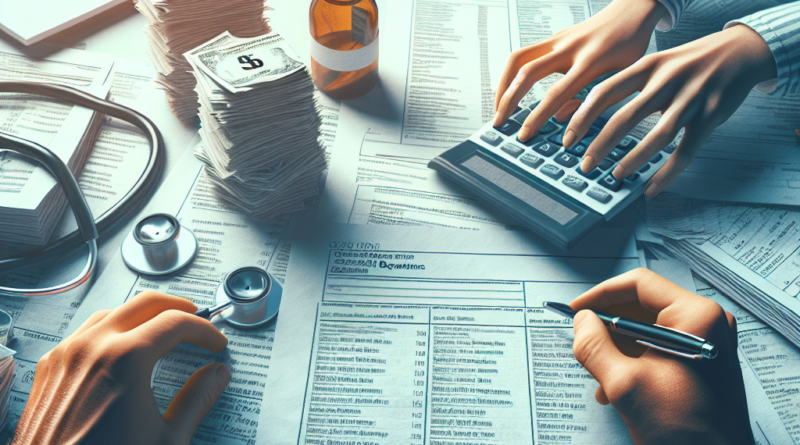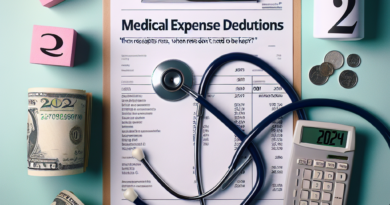Tax-Deductible Medical Expenses: How to Manage Paper Receipts and Invoices
What to do with Receipts and Invoices for Health Expenses Deduction?
In the midst of the 2024 tax declaration campaign, a new feature stands out: it is no longer mandatory to keep paper receipts for healthcare expenses.
Everything is now stored in the “cassetto fiscale,” accessible from the personal area of the Revenue Agency’s portal.
Once the expenses are entered (or confirmed from the pre-filled data), should the receipts and invoices be thrown away? Experts recommend keeping the documents attesting the expenses, despite no longer being obliged to do so, as it can serve as proof in case of discrepancies.
Even if the tax return is filed through a tax assistance center, they will store a copy of the documentation (though it is advised to keep the originals as well).
The 2024 Innovation on Receipts and Invoices
This year’s innovation states that when using the pre-filled 730 form, it is not mandatory to keep paper receipts and invoices anymore.
This is because they are associated with the taxpayer’s fiscal code and communicated to the Revenue Agency through the health card system, enabling digital storage.
Medical expenses fall among the data uploaded by the Revenue Agency, alongside insurance premiums, social security contributions, renovation costs, and university expenses (among others).
Medical and healthcare expenses qualify for a 19% deduction on the amount exceeding €129.11.
Since 2007, the “receipt with details” has been introduced, containing the taxpayer’s fiscal code, purchased item details, and nature of the expense.
The “receipt with details” is automatically recorded in the taxpayer’s “cassetto fiscale” on the Revenue Agency’s website each time it is issued.
Thanks to the health card system, these expenses are periodically reported to the tax authorities by third parties.
Why and How to Keep Expense Receipts
If all medical expenses are correctly displayed in the pre-filled 730 form and no modifications are needed, the obligation to retain receipts diminishes.
However, if you make changes or add new expenses, the obligation remains but only for the updated entries.
Even without the physical receipt, expenses can be reported in the 730 form if acquired through the health card system.
In case of discrepancies between held receipts and those in the pre-filled declaration, the total medical expenses incurred must be adjusted.
It is advisable to retain all invoices and receipts related to medical expenses and also acquire a summary of those in the health card system.
While storing receipts is no longer mandatory, it is wise to keep them before submitting the tax return to address potential discrepancies.
Preserving pharmacy receipts from 2024 is recommended in case amendments are required.
Moreover, keeping copies of receipts is advised, as thermal paper tends to fade when exposed to heat sources.
Pharmacy Receipts and Medical Invoices for 2025
For those considering discarding 2024 medical expense receipts, it is recommended to keep them.
Instances can arise where expenses from private medical visits may not be communicated through the health card system, necessitating manual entry in the 2025 tax return (documentary proof is essential).
Another scenario highlighting the importance of retaining paper receipts is when claiming medical expenses for dependent children.
If a child is not automatically included as a dependent in the pre-filled 730 form, or if the tax authorities are unaware of which parent incurred the expense, the amount might not be included in the 2025 return.
Therefore, preserving receipts and invoices from hospitals and pharmacies is crucial for claiming deductions.




